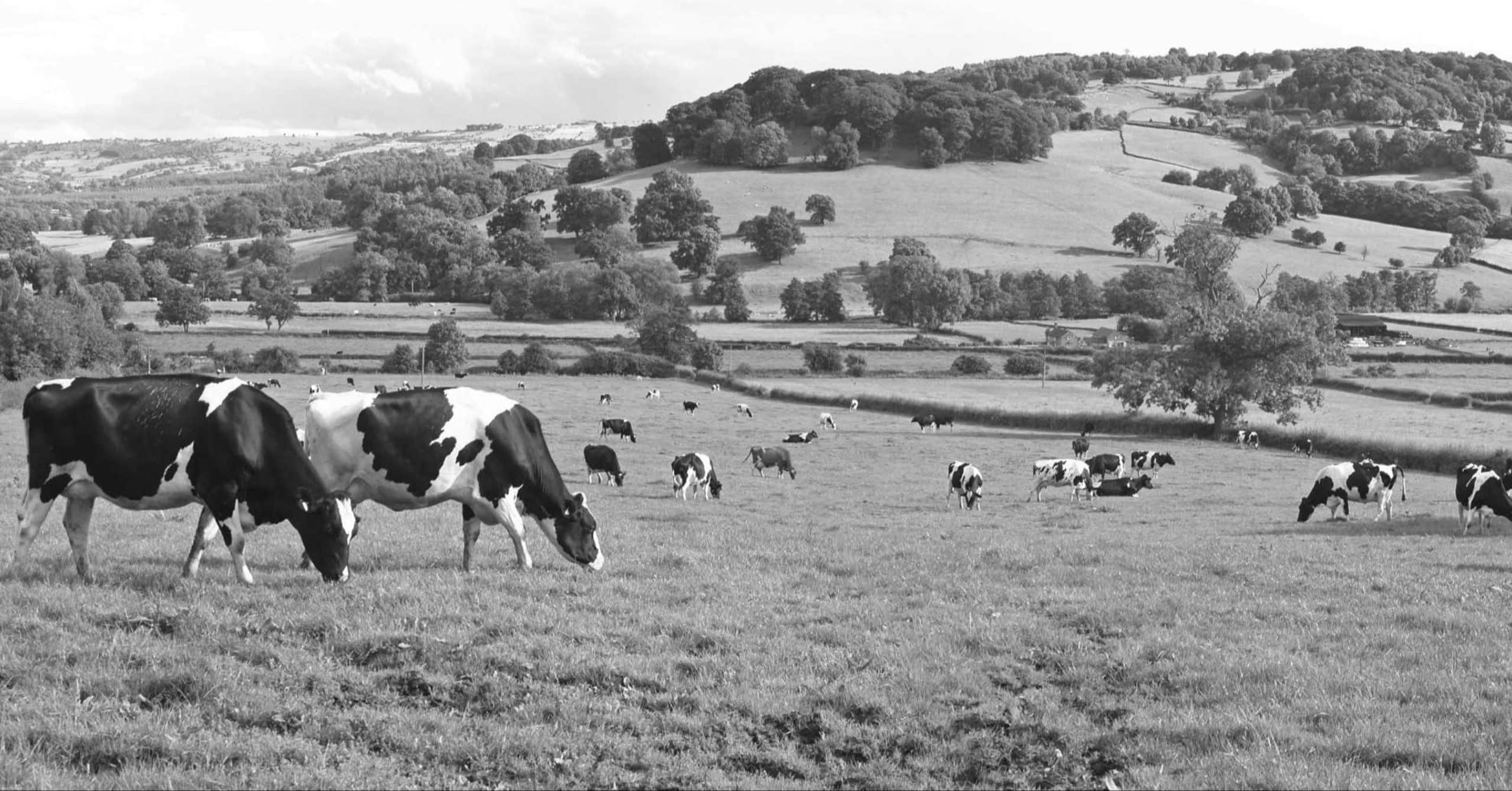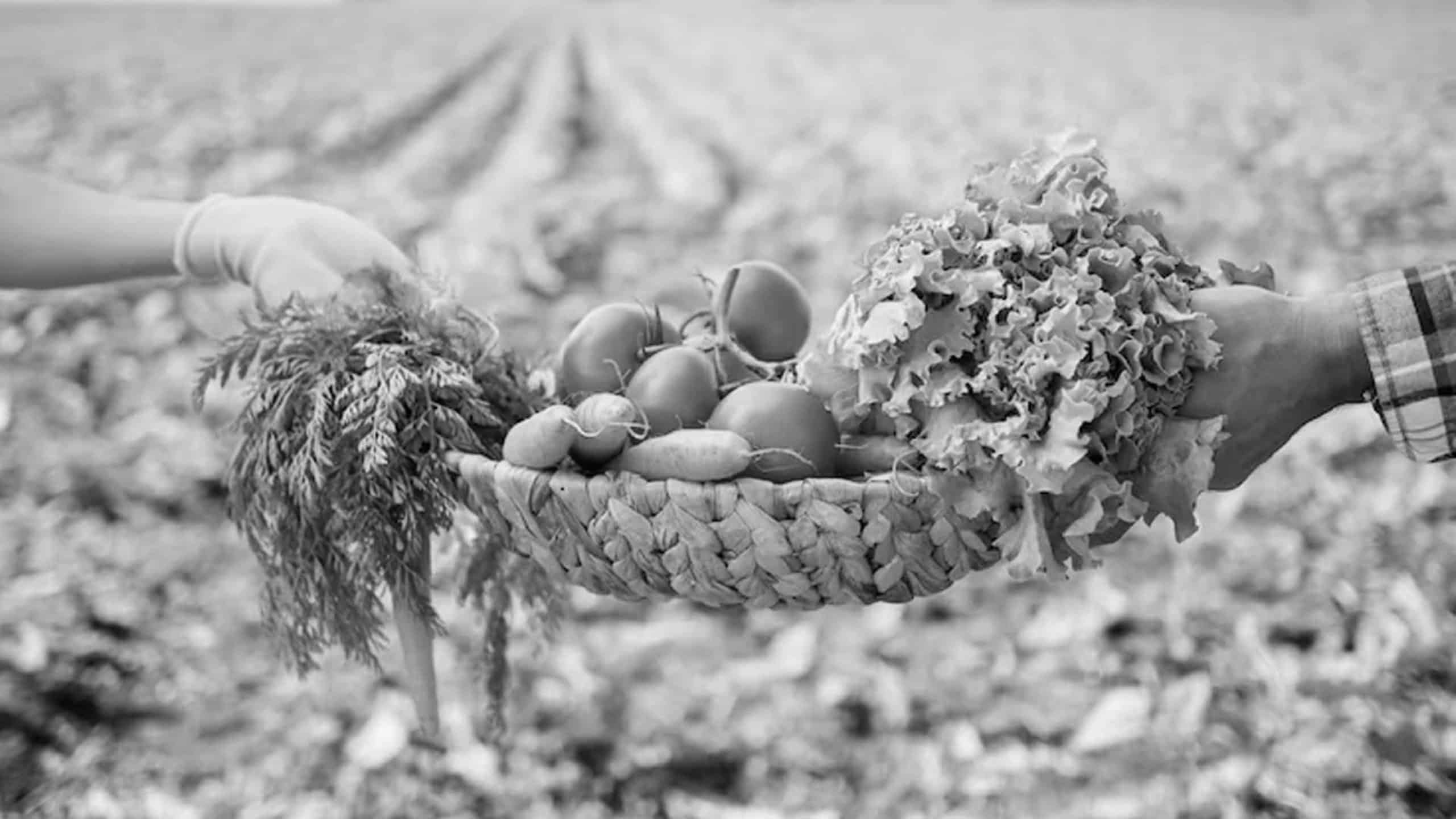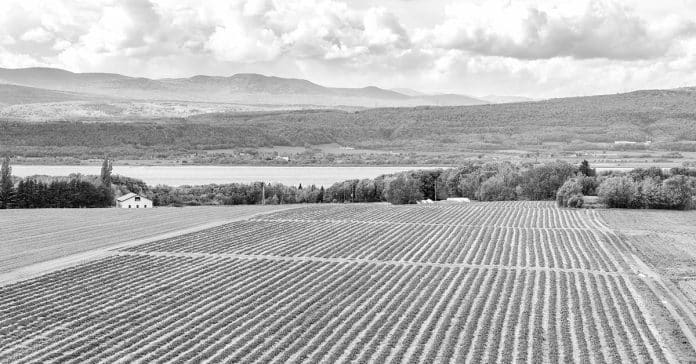Arusha, Tanzania, is a land of vast agricultural potential. With its fertile soil, favorable climate, and abundant natural resources, it has become a prime location for farming. Whether you are an experienced farmer or a novice looking to invest in the agricultural sector, farms for sales in Arusha Tanzania come in a wide range that can cater to your needs and aspirations.
Why Arusha is the perfect location for farming
Arusha’s unique geographical location makes it an ideal destination for agricultural pursuits. Nestled between the majestic Mount Kilimanjaro and the scenic Serengeti National Park, the region benefits from a moderate climate throughout the year. The fertile volcanic soil provides a fertile ground for growing a variety of crops, including coffee, maize, wheat, and vegetables. Additionally, the abundant water resources, including rivers and underground aquifers, ensure a steady water supply for irrigation.
Moreover, Arusha has a well-developed infrastructure that supports the agricultural industry. The region is home to several agricultural research institutions, training centers, and farmer cooperatives, providing valuable resources and expertise to farmers. The network of roads and transportation facilities facilitates the efficient movement of agricultural produce to local and international markets.
Types of available farms for sale in Arusha Tanzania

Arusha offers a diverse range of farms for sale, catering to various agricultural pursuits. Small-scale farms, ranging from a few acres to several hectares, are available for those looking to start a small-scale venture. These farms are well-suited for growing crops such as vegetables, fruits, and flowers, and can also accommodate livestock farming.
For those aiming for larger-scale operations, there are medium to large-sized farms available for sale. These farms offer ample space for extensive crop cultivation, including cash crops like coffee, tea, and cocoa. They also provide opportunities for livestock farming, such as dairy farming and poultry production.
Additionally, there are specialized farms for sale in Arusha Tanzania available, focusing on specific agricultural activities. These include fish farms, beekeeping farms, and horticultural farms. Such specialized farms cater to individuals with a particular interest or expertise in these niche areas.
Factors to consider when purchasing a farm in Arusha, Tanzania
Before purchasing a farm in Arusha, Tanzania, it is crucial to consider several factors to ensure a successful investment. Firstly, determine the purpose of your farm and the type of farming you intend to pursue. This will help you select a farm that suits your requirements and goals.
Secondly, assess the location of the farm. Consider proximity to markets, availability of infrastructure, and accessibility to transportation routes. A farm located near markets will reduce transportation costs and ensure a timely delivery of your produce.
Another essential factor to consider is the condition of the land and infrastructure. Conduct a thorough inspection of the farm to assess the quality of the soil, availability of water sources, and the condition of existing structures like barns and storage facilities.
Finally, it is crucial to understand the legal and regulatory framework for farming in Arusha. Familiarize yourself with land ownership laws, zoning regulations, and any permits or licenses required for agricultural activities. Engage the services of a reputable lawyer or real estate agent who can guide you through the legal aspects of purchasing a farm.
Steps to take when buying a farm in Arusha, Tanzania
Purchasing a farm in Arusha, Tanzania, involves several steps to ensure a smooth and successful transaction. The first step is to research and identify potential farms that meet your criteria. Utilize online platforms, local classifieds, and real estate agents specializing in agricultural properties to find suitable options.
Once you have shortlisted a few farms, schedule visits to the properties. Take the time to inspect the land, assess the condition of infrastructure, and verify the accuracy of property documentation. It is advisable to engage a professional land surveyor to conduct a boundary survey and verify the size and boundaries of the farm.
After selecting a farm, negotiate the purchase price with the seller. Seek the assistance of a qualified real estate agent or lawyer to ensure a fair and transparent negotiation process. Once an agreement is reached, draft a purchase agreement that clearly outlines the terms and conditions of the sale.
Next, conduct due diligence on the property. This involves conducting a comprehensive title search, verifying land ownership, and confirming the absence of any encumbrances or legal disputes. It is recommended to engage the services of a qualified lawyer to assist with the due diligence process.
Once the due diligence is completed, proceed with the transfer of ownership. Engage a lawyer to prepare the necessary legal documents, including the transfer deed and any required permits or licenses. The transfer of ownership will be finalized at the relevant government office, and the buyer will receive the title deed of the farm.
Financing options for purchasing a farm in Arusha, Tanzania
Financing the purchase of a farm in Arusha, Tanzania, can be achieved through various options. One common avenue is through traditional banks and financial institutions. Approach local banks and inquire about agricultural loans specifically designed for farmers. These loans often have favorable terms, including low interest rates and flexible repayment schedules.
Another financing option is to seek assistance from agricultural development organizations and NGOs. These organizations provide grants, subsidies, and loans to support farmers and promote sustainable agricultural practices. Research and identify relevant organizations that align with your farming goals and apply for their funding programs.
Furthermore, consider exploring partnerships or joint ventures with other investors or farmers. Pooling resources and sharing costs and expertise can be an effective way to finance a farm purchase. Seek out like-minded individuals or organizations who have similar interests and goals and explore the possibility of working together.
Lastly, remember to explore government initiatives and incentives for agricultural investments. Governments often provide financial support and incentives to encourage farming and boost the agricultural sector. Stay informed about any available programs and subsidies that can help finance your farm purchase.
Challenges and benefits of farming in Arusha, Tanzania

Farming in Arusha, Tanzania, offers both challenges and benefits. Like any agricultural endeavor, there are inherent risks and uncertainties that farmers must navigate. Unpredictable weather patterns, pests and diseases, and market fluctuations are some of the challenges that farmers may face.
However, despite these challenges, farming in Arusha presents numerous benefits. The fertile soil and favorable climate provide optimal conditions for crop cultivation. The region’s proximity to local and international markets ensures a ready demand for agricultural produce. Additionally, the availability of resources, infrastructure, and support services makes it easier for farmers to establish and operate their farms.
Moreover, farming in Arusha contributes to the local economy and provides employment opportunities. It promotes sustainable agriculture practices and supports food security. Furthermore, the agricultural sector plays a vital role in the country’s overall development, contributing to GDP growth and foreign exchange earnings through exports.
Resources and support for farmers in Arusha, Tanzania
Farmers in Arusha, Tanzania, can benefit from a wide range of resources and support systems available to them. The region is home to several agricultural research institutions and training centers that provide technical expertise and knowledge sharing. These institutions offer training programs, workshops, and seminars to improve farmers’ skills and agricultural practices.
Additionally, farmer cooperatives and associations play a crucial role in supporting farmers. These organizations provide a platform for farmers to share experiences, access markets, and collectively address common challenges. They also facilitate group purchasing of inputs, reducing costs for individual farmers.
The government of Tanzania also recognizes the importance of the agricultural sector and has implemented various initiatives to support farmers. These include subsidies for inputs such as seeds, fertilizers, and machinery, as well as programs for agricultural extension services and market access. Farmers can access these resources through government agencies and local agricultural offices.
Furthermore, international organizations and NGOs are actively involved in supporting agriculture in Arusha. They provide funding, technical assistance, and capacity-building programs to enhance agricultural productivity and sustainability. Farmers can benefit from these programs by actively seeking and participating in relevant projects and initiatives.
Success stories of farmers in Arusha, Tanzania
The success stories of farmers in Arusha, Tanzania, serve as a testament to the agricultural potential of the region. Many farmers have achieved remarkable success and transformed their lives through farming.
One such success story is that of Mr. John Mbeki, a small-scale farmer who started with a small plot of land and a few chickens. With dedication and hard work, he expanded his farm and diversified his crops and livestock. Today, Mr. Mbeki owns a thriving farm that supplies fresh produce to local markets and has become a source of employment for the community.
Another inspiring success story is that of Ms. Grace Mwita, who ventured into horticulture farming. She started with a small greenhouse and grew high-value crops such as tomatoes and bell peppers. Through proper market research and quality management practices, Ms. Mwita was able to establish a profitable business, supplying top-quality produce to supermarkets and restaurants.
These success stories demonstrate the potential for growth and prosperity that farming in Arusha, Tanzania, can offer. With the right knowledge, resources, and support, farmers can overcome challenges and achieve remarkable success in their agricultural endeavors.
Why investing in a farm in Arusha, Tanzania is a smart decision
Investing in a farm in Arusha, Tanzania, is a smart decision for individuals looking to capitalize on the region’s agricultural potential. The fertile soil, favorable climate, and abundant resources provide optimal conditions for farming. The wide range of farms available for sale caters to various agricultural pursuits, from small-scale to large-scale operations.
While farming in Arusha comes with its challenges, the benefits far outweigh them. The region’s proximity to markets, availability of infrastructure, and support services make it an attractive destination for farmers. Moreover, the agricultural sector contributes to the local economy, supports food security, and promotes sustainable practices.
With the availability of financing options, resources, and support systems, farmers in Arusha have the necessary tools to succeed. The success stories of farmers in the region serve as inspiration and proof of the agricultural potential that Arusha offers.
Investing in a farm in Arusha, Tanzania, is not only a financial investment but also an investment in the future of sustainable agriculture. Embrace the opportunity and embark on a rewarding journey in the agricultural sector of Arusha, Tanzania.
For more related articles on Manufacturing and Business in Tanzania (Trade) click here!

































